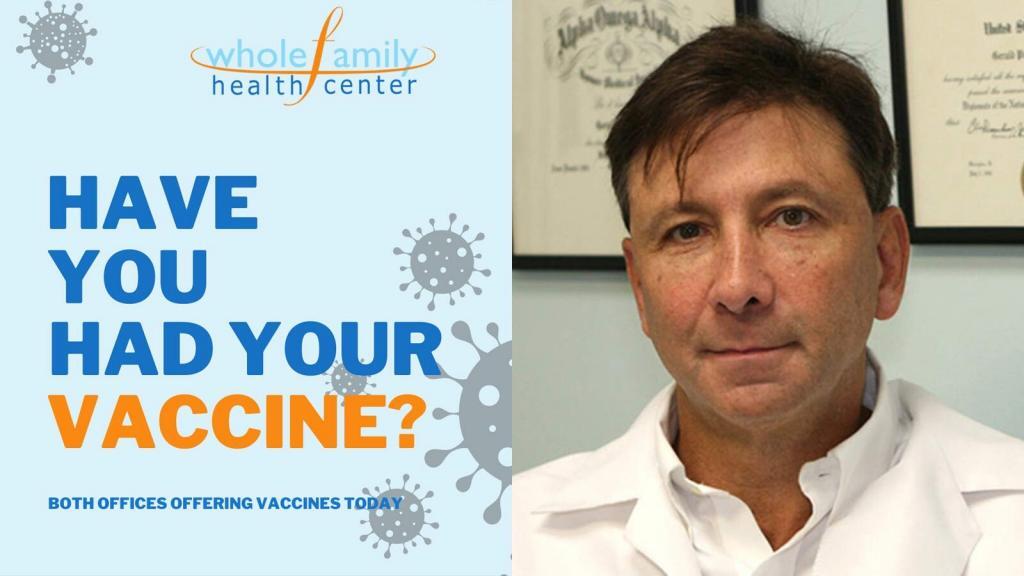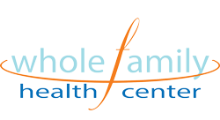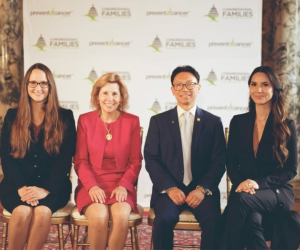Amanda D’Ambrosio | 25 Aug, 2021

Gerald Pierone, MD, gets regular phone calls from COVID-19 patients and their family members, asking for a spot at his monoclonal antibody clinic in Vero Beach, Florida.
But as infections continue to surge throughout the state, the clinic is often full.
“We are just being inundated with COVID patients now because of this Delta surge,” Pierone, an internist and infectious disease specialist, told MedPage Today.
“These people are really sick,” he added. The majority of patients who show up to his clinic have been sick for at least 4 days, and may have a cough, shortness of breath, nausea, and headaches.
Often, these patients need more than just an infusion. Healthcare workers at Pierone’s clinic are managing patients with acute illness, and often administer nausea medication and IV fluids, or counsel patients on isolation and quarantine.
“It’s quite an operation for a small staff, to move these people through and take care of them,” Pierone said, adding that there are four providers. “Right now, we are all hands on deck.”
The clinic is one of many monoclonal antibody treatment centers in Florida that have seen a surge of patients as the Delta variant continues to spread. Gov. Ron DeSantis (R) has promoted the benefits of Regeneron’s monoclonal antibody treatment in preventing severe illness and hospitalization, and officials have ramped up the launch of new treatment sites. There are now 18 state-run facilities offering free monoclonal antibody treatments (though Pierone’s clinic is not one of those).
In November of last year, Pierone and his research team began enrolling patients in the NIH ACTIV-2 study, a clinical trial program evaluating the safety and efficacy of therapeutics for COVID-19. Pierone provided monoclonal antibody treatments at Whole Family Health Center, a multispeciality, community-based health center that he founded 30 years ago as an HIV clinic.
After a few months of doing research at his facility, Pierone opened a stand-alone clinic for patients with active COVID-19, which consisted of four exam rooms where he could provide monoclonal antibody infusions.
Patient volume picked up significantly as the Delta variant spread throughout Florida. In June, the clinic performed just two monoclonal antibody treatments. Treatments jumped to approximately 60 in July, and this month he has already treated 130 patients.
The small clinic maxes out at seeing 14 to 15 patients a day. Each patient’s treatment lasts about 2 hours, after they fill out paperwork, receive the infusion, and wait out an hour-long observation period.
Some of the patients who are treated in Pierone’s clinic are those who test positive for COVID-19 at his larger health facility. Others may be referred by local physicians, or call in to try to get a spot after hearing about the clinic through word-of-mouth.
Regeneron’s casirivimab/imdevimab (REGEN-COV) cocktail is authorized under emergency use to treat COVID-19 positive patients ages 12 and older who have a high risk of progressing to severe illness. Because the FDA has made the treatment criteria broad, the providers in Pierone’s clinic have had to triage whom they treat. They don’t say no to everyone, but often take the patients who are at the highest risk of getting really sick.
“It’s really frustrating, because we don’t have the capacity to treat as many people as we’d like to treat,” Pierone said.
Although the FDA recently expanded the use of casirivimab-imdevimab to include post-exposure prophylaxis, Pierone said his clinic cannot take patients in this category, because the facility is already overextended treating sick patients.
One of the reasons many of his patients are so sick, Pierone said, is because approximately 70% have not been vaccinated. He treats partially and fully vaccinated people as well, who are often older and at a higher risk of severe illness, but none of those patients have died from COVID-19. That’s not the case for the unvaccinated, however.
“The really sick patients are the unvaccinated,” Pierone said.
Recently, Pierone treated an unvaccinated, healthy 34-year-old patient. After the patient got infected, he received antibiotics and appeared to be doing well. But around a week after his symptoms started, the patient came into Pierone’s clinic with an oxygen level of 90%, and had to be admitted to the emergency room.
“That’s kind of a typical younger person,” Pierone said. “The first week they’re not that sick, then the immunity kicks in, the cytokine storm kicks in, and they get much worse.”
The problem is, it’s hard to tell who will progress to worse illness on the front end, Pierone added. While patients with comorbidities such as overweight and obesity, diabetes, or asthma typically have more severe illness, the disease course can be unpredictable. “You don’t know if this person is going to be fine, or if they are going to crash and burn,” Pierone said.
The ideal is to get people on monoclonal antibodies 3 days after symptom onset, Pierone said. But he estimated that only around 20% of patients come to the clinic within that early time frame. “The truth is, we end up seeing a lot of people on day 7, day 8, day 9, day 10,” he said.
What they are really doing for those patients is treating secondary bacterial infections, and administering corticosteroids. “We are helping people, in many cases, more by giving them dexamethasone and other adjunctive treatments, than we are by giving them monoclonal antibodies when they’re at that later stage,” Pierone said.
Of the four providers at Pierone’s monoclonal antibody clinic, he is currently the only physician, joined by nurses and a research assistant.
“I would say my staff is frazzled,” Pierone said. “I’m definitely developing some compassion fatigue. What we are doing right now, it’s not sustainable.”
State officials recently opened a large Regeneron monoclonal antibody site in Fort Pierce, which can treat more than 300 patients a day with subcutaneous shots. People 12 years and older who have tested positive for COVID-19, or have been exposed to an infected person, can walk in to receive treatment, with or without a provider referral.
“They are trying to very aggressively expand access to monoclonals,” Pierone noted. And he said that while wider access to these treatments may prevent future hospitalizations, “by far, the most important public health measure is getting people vaccinated.”
While DeSantis continues to expand access to monoclonal antibodies in Florida, he also continues to resist mask mandates in public schools, even for kids under 12, who cannot get vaccinated. The governor is currently entrenched in a legal battle over his authority to ban mask mandates in schools.
Pierone has reached out to other local hospitals and the health department to assess the outbreak. As he and his staff are drowning in patients, they are drowning too. Hospitals are still not performing elective procedures, and ICUs in the state are near capacity.
“Nobody is going to rescue us,” Pierone said. “We have to rescue ourselves.”



